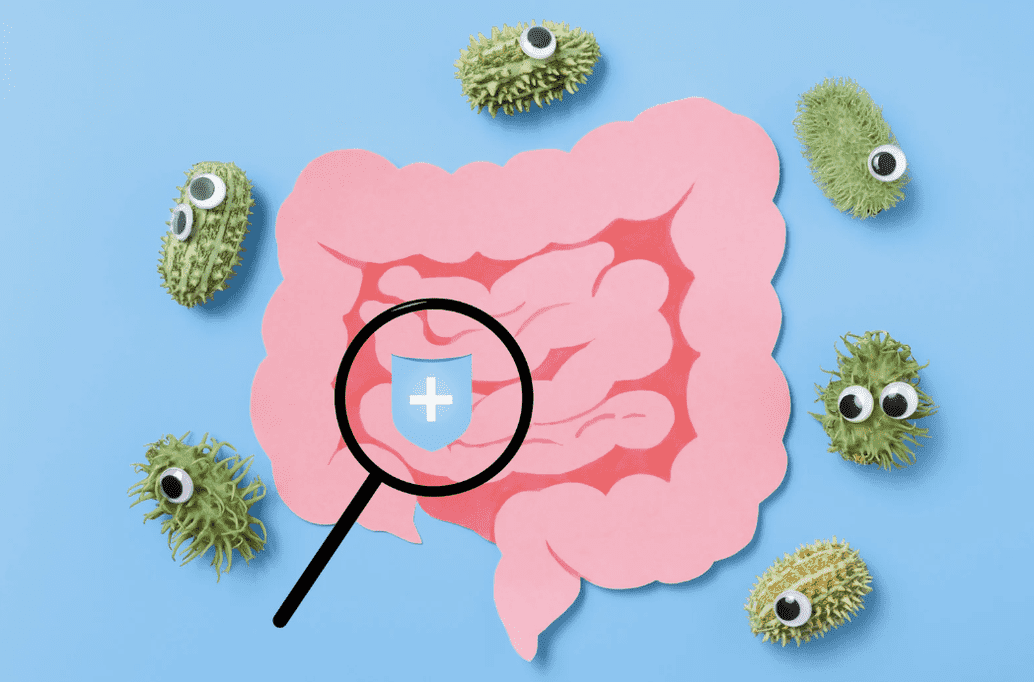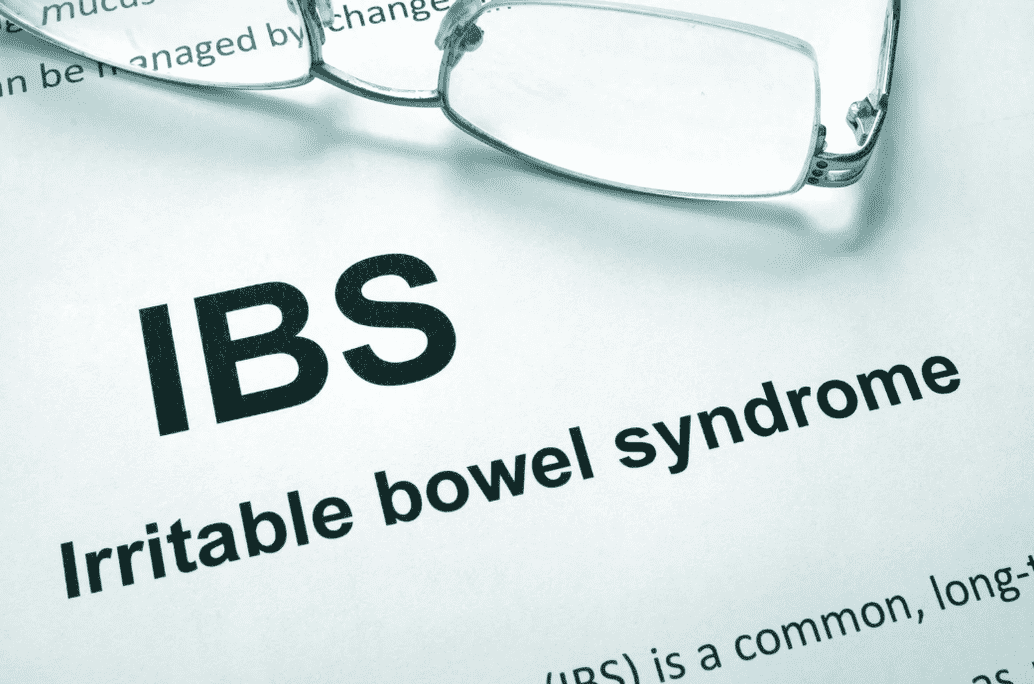Small Intestinal Bacterial Overgrowth (SIBO) and IBS: Symptoms, Diagnosis, and Treatment
If you live with irritable bowel syndrome (IBS), you may have come across the term Small Intestinal Bacterial Overgrowth (SIBO). There’s a lot of information (and confusion) online about SIBO, so this blog will break down what it is, how it links to IBS, and what we currently know about diagnosis and treatment.
What is SIBO?
SIBO happens when too many bacteria grow in the small intestine – a part of the gut that normally has relatively low levels of bacteria compared to the large intestine. This overgrowth can cause uncomfortable gut symptoms and may affect how well nutrients are absorbed.
Symptoms of SIBO
Symptoms can overlap with IBS, which is one reason SIBO is tricky to diagnose. They may include:
Bloating
Diarrhoea or constipation
Abdominal pain or discomfort
Excessive wind (flatus)
Nausea
Unexplained weight loss
SIBO can also interfere with bile acids – the substances needed to digest fat. This may cause:
Loose, watery stools (due to bile acids drawing water into the bowel)
Oily, pale stools that are hard to flush away
Deficiencies in fat-soluble vitamins (A, D, E, and K)
There are different types of SIBO, depending on the gases produced by the bacteria:
Hydrogen-dominant SIBO – more often linked to diarrhoea and IBS-D.
Methane-dominant SIBO (also called Intestinal Methanogen Overgrowth, IMO) – more often linked to constipation and IBS-C.
Hydrogen sulphide-dominant SIBO – less common and less well understood.
Causes and Risk Factors for SIBO
SIBO can develop for many reasons, including:
Gut motility problems (slowed gut movement), seen in conditions such as diabetes or scleroderma
Structural changes in the gut (e.g., strictures, diverticulosis)
Certain medications (proton pump inhibitors or antibiotics)
Previous abdominal surgery
How is SIBO Diagnosed?
The most common test is a hydrogen breath test. This involves drinking a sugar solution (usually glucose or lactulose) and measuring gases in your breath. If hydrogen or methane levels rise sharply, this may suggest SIBO.
However, it’s important to note:
Only about 2% of IBS patients have a positive test.
Breath tests are not always reliable and may give false positives, leading to unnecessary antibiotic treatment.
The most accurate test is a jejunal aspirate culture, where a sample from the small intestine is taken and analysed. But this is invasive, requires specialist equipment, and is rarely available in the NHS.
Conditions Linked to SIBO
SIBO doesn’t just overlap with IBS – it has also been associated with:
Functional dyspepsia
Coeliac disease
Inflammatory bowel disease
Non-alcoholic fatty liver disease
Diabetes
Chronic pancreatitis
Systemic sclerosis (SSc)
Neurological diseases such as Parkinson’s and Alzheimer’s
SIBO Treatment Options
Treatment will depend on your symptoms and any underlying conditions. Options may include:
Antibiotics – The most commonly used is rifaximin, which can reduce bacterial overgrowth and ease symptoms.
Dietary Changes – A low FODMAP diet may help by reducing fermentable carbohydrates that feed bacteria. However, this diet is not recommended long-term without dietitian supervision, as it can alter gut bacteria in ways we don’t fully understand.
Probiotics – Some studies suggest probiotics (e.g., Saccharomyces boulardii) may be useful, especially alongside antibiotics, but research is still emerging.
Addressing Underlying Causes – Treating conditions that contribute to SIBO (such as diabetes or structural gut issues) is key to long-term management.
Should You Worry About SIBO if You Have IBS?
While there is a lot of interest in the link between SIBO and IBS, it’s important to remember:
Only a small percentage of IBS patients test positive for SIBO.
Tests are not always reliable.
Self-diagnosing and self-treating with antibiotics or restrictive diets can cause more harm than good.
Always seek advice from a gastroenterologist or specialist dietitian before starting treatment.
Key Takeaway
SIBO is a complex condition that can look very similar to IBS. While it is not common in most IBS patients, understanding the symptoms, causes, and treatment options can help you have more informed discussions with your healthcare team.
Frequently Asked Questions About SIBO
Is SIBO the same as IBS?
No. While symptoms of SIBO and IBS overlap, they are different conditions. Only a small percentage of IBS patients actually have SIBO.
What foods should I avoid with SIBO?
Some people find relief by reducing high FODMAP foods that can ferment in the gut. However, this should be done under dietitian guidance and not long term.
How is SIBO diagnosed?
The most common test is a hydrogen breath test, but it can be unreliable. The most accurate test (jejunal aspirate) is rarely used outside specialist centres.
Can probiotics help with SIBO?
Some probiotics, such as Saccharomyces boulardii, may help when used with antibiotics, but research is still developing. Always seek professional advice.
Does SIBO come back after treatment?
Yes, relapse can happen, especially if the underlying cause (e.g., diabetes, gut motility issues) is not addressed.
💡 At Wise Diet, I provide specialist, evidence-based dietary advice for gut conditions. If you’d like to find out more or book an appointment, visit my contact page.
References:








